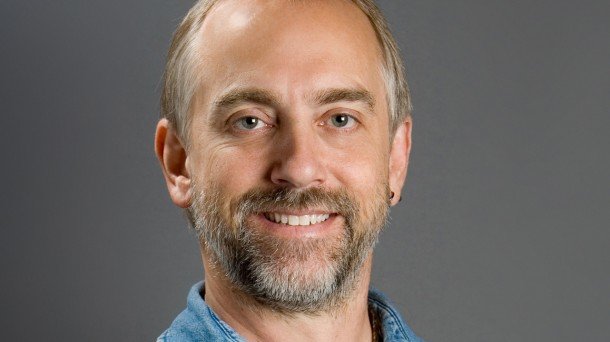Editorial: An Interview, and its Aftermath

Richard Garriott has posted a follow-up to our interview with him published on Tuesday (" Richard Garriott on why 'most game designers really just suck' ") which he titled " Words Taken Out of Context ."
I agree with him - they were. When he says that "Behind the inaccurate inflammatory headlines extracted from a longer dialog..." he's clearly referring to a number of news sources that chose to repeat his provocative statement, but failed to take the time to fully examine and independently interpret the whole story, or even follow up on their own with Garriott to ask what he was getting at rather than just blurting out the most provocative thing they could. That's tacky.
PC Gamer does not publish "gotcha" headlines. They're gross. I was present for much of the interview, as was David Swofford, Director of Communications of Garriott's Portalarium development studio. The majority of the discussion followed from Garriott's assertion that "…other than a few exceptions, like Chris Roberts, I've met virtually no one in our industry who I think is close to as good a game designer as I am. I'm not saying that because I think I'm so brilliant. I think most game designers really just suck, and I think there's a reason why."
He went on to explain that he believes the dearth of good designers is a systemic problem, not a matter of a lack of individual talent: "We're leaning on a lot of designers who get that job because they're not qualified for the other jobs, rather than that they are really strongly qualified as a designer."
There's merit to this argument, as many of our readers noted in the comments, however ill-advised the original remark might have been. In fact, Tyler Wilde took care to note at the conclusion of his interview that Garriott's "...judgments are still very broad, but I inferred that, rather than condemning the entire industry, he was pointing out flaws he perceives in how design talent is assessed and promoted in specific parts of the industry. His ideal programmer, artist, designer combo still exists, especially among the current crop of indie developers, who I think retain the spirit of the early days Garriott is reminiscing about."
David Swofford declined, on his own behalf as well as Richard Garriott's, to comment further to PC Gamer after Garriott posted his follow-up. He explained to me, "We released the statement to stand on its own. It was written by Richard to complete his thought process on this issue. I really don't want any more interpretation from us on what Richard stated today. If I do that, then it really defeats the purpose and we'll get in another cycle of commentary."
I can understand that. Sometimes when something unpleasant happens it's best just to move on as quickly as possible - especially considering the unseemly inclination some folks have to sensationalize intemperate remarks and stir up resentment.
Keep up to date with the most important stories and the best deals, as picked by the PC Gamer team.
That's not our style. It's not the kind of traffic we're after, and the people who gravitate towards that kind of thing are not really the audience we want to cultivate. The interview we published offered insight into game development by the one man most responsible for drawing me towards a career in the videogame industry, for which I'm grateful. It's unfortunate that our interview led to some nasty remarks and high-octane snark that spread, flu-like, over Twitter, but we can't control how our stories are covered and discussed after they're published.
On the other hand, I was very happy with the civil discussion that took place in the comments section about the interview. While our readers naturally cringed at the delivery, they read the interview in its entirety and understood what Garriott was getting at, and that his motivation for pulling the pin on a verbal grenade was one that every creative and ambitious person can understand: the confidence that regardless of whatever we are doing at the moment, we can do better. We can improve as developers, as gamers, as designers, and as an industry. Although the wording comes off as derisive, his message is ultimately one of respect for our potential.
Cynics believe that we can't do better, and most of us have observed at some point in our lives how they fall victim to their self-fulfilling prophecies. Optimists believe that our best work lies ahead of us, and want to be a part of the process of its fulfillment. I was privileged to meet Richard Garriott and to have the chance to speak with an optimist.
I encourage you to read the original interview in full, as well as Richard Garriott's response , and to share your thoughts in the comments below.
- Logan

